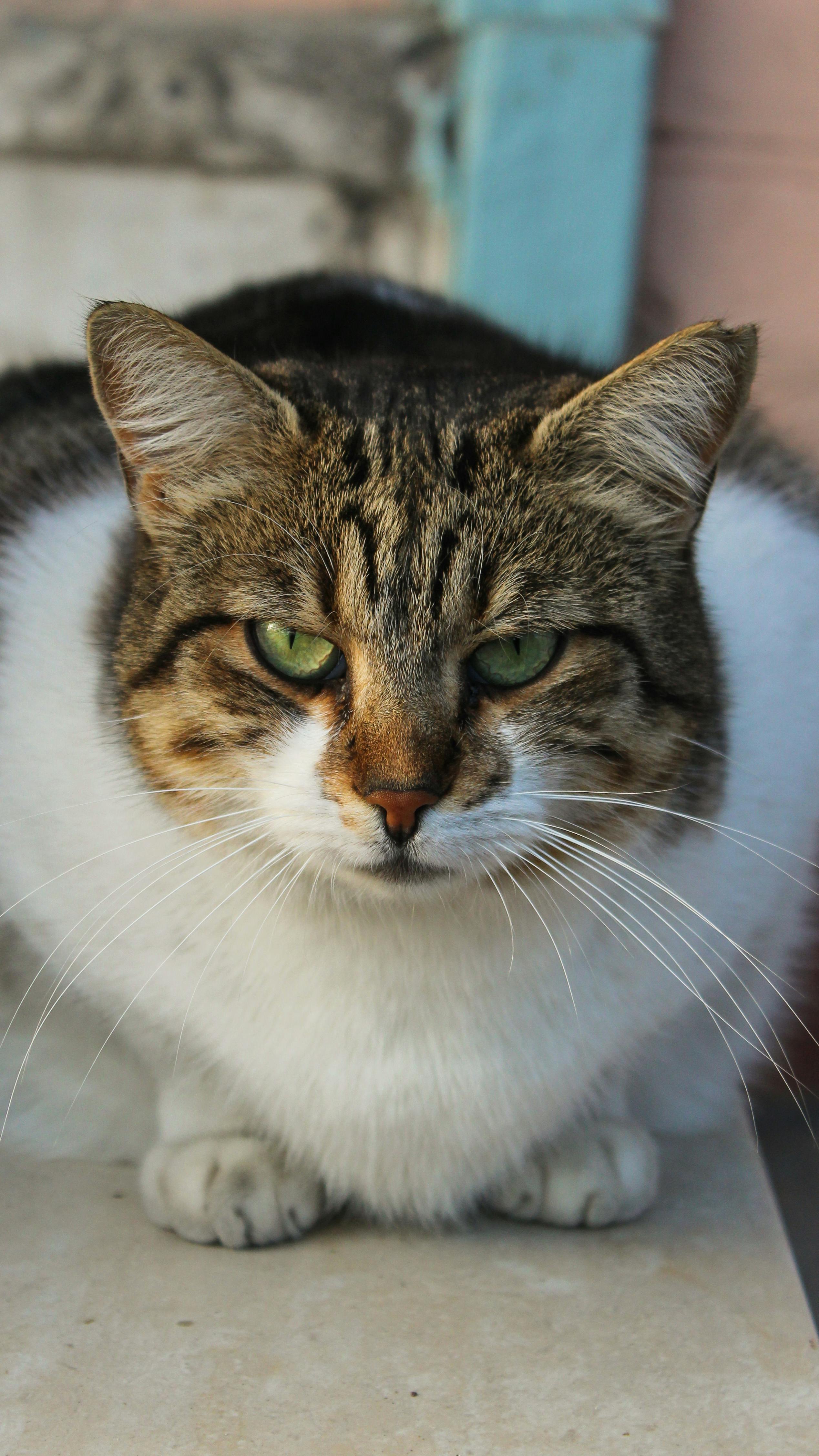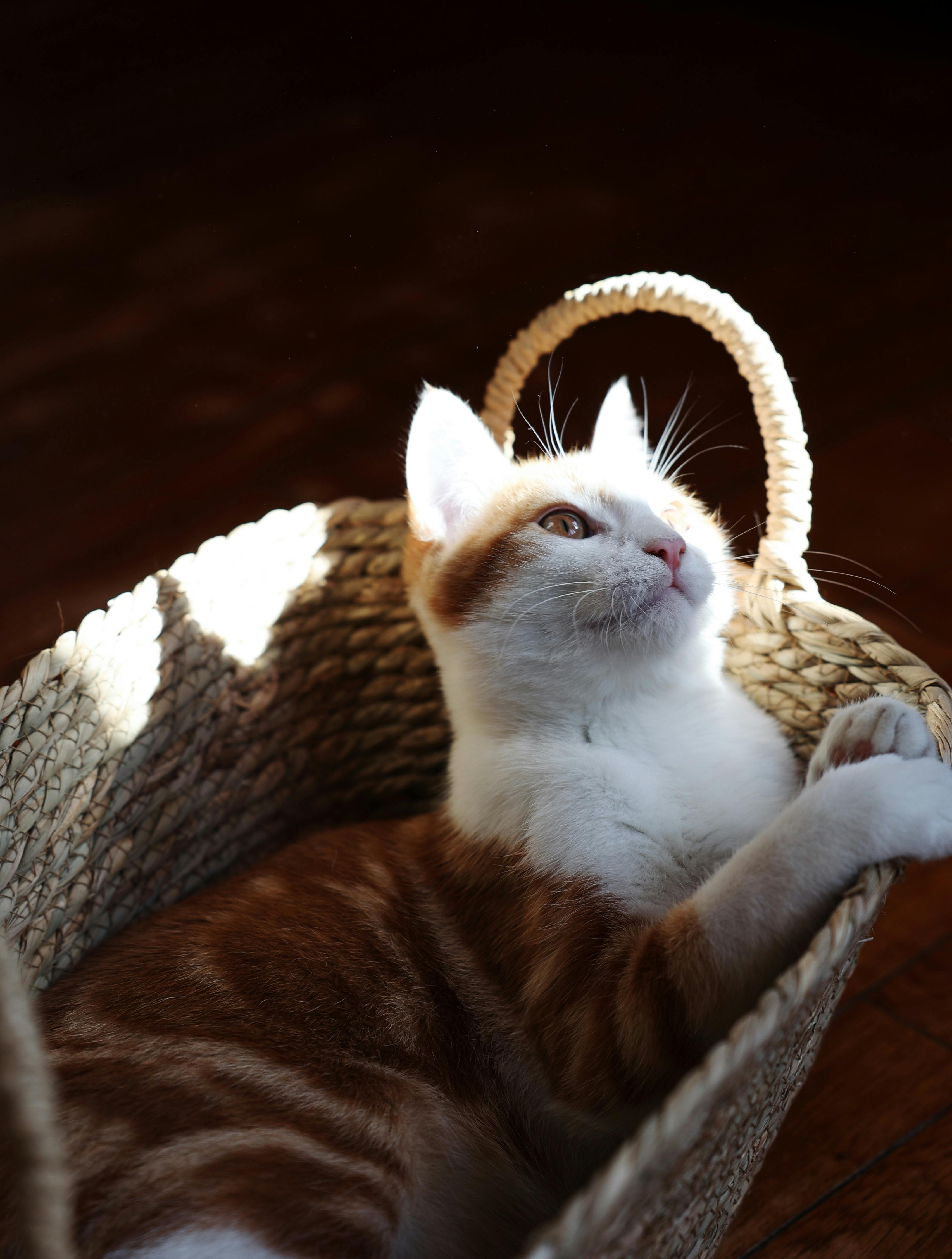How to Effectively Pop Your Ears and Alleviate Pressure in 2025
Experiencing discomfort in your ears due to pressure changes is a common issue many face, especially during air travel or changes in altitude. Proper ear equalization techniques can significantly enhance your travel experience and overall well-being. Understanding how to effectively pop your ears can not only relieve discomfort but also prevent potential ear-related complications. This article will explore various methods to pop your ears, from simple exercises to natural remedies. We will also discuss creative ear popping methods, expert recommendations, and common causes of ear popping to help you navigate through any discomfort with ease. Whether you’re on a plane, diving into a pool, or just feeling blocked at home, we’ve got you covered!
Here’s what you can expect to learn:
- Understanding ear pressure and its common causes
- Effective techniques to relieve ear pressure
- Natural remedies and exercises for ear popping
- Expert advice on managing ear discomfort

Understanding Ear Pressure and Its Common Causes
The sensation of ear pressure is primarily caused by imbalances in the air pressure within the middle ear and the outer environment. This imbalance can occur due to various factors such as altitude changes, sinus issues, allergies, and respiratory infections. One of the most common situations where you might experience ear pressure changes is during air travel, particularly during takeoff and landing. The eustachian tubes, which connect the middle ear to the throat, play a critical role in equalizing ear pressure. When these tubes become blocked or fail to operate correctly, discomfort arises.
There are several reasons behind ear pressure changes. These include:
- Altitude Changes: Rapid changes in altitude, such as during flights or mountain climbing, can contribute to ear pressure.
- Sinus Infections: Congestion in the sinuses can block the eustachian tubes, leading to discomfort.
- Allergies: Allergic reactions can cause inflammation and swelling, impacting ear functionality.
Recognizing the causes behind your ear discomfort is the first step toward finding effective relief. Understanding these triggers will help you anticipate ear pressure issues and take proactive measures.
Why Do Ears Pop?
The popping sound you hear when attempting to equalize pressure in your ears is a result of the rapid change in air pressure. This releases the built-up pressure in the eustachian tubes, allowing the air to rush in and re-establish equilibrium. Engaging in activities like yawning, swallowing, or chewing can stimulate these tubes, aiding in the popping process. However, some may experience discomfort in doing so, which can lead to questions about safe and effective methods for ear popping.

Effective Techniques to Relieve Ear Pressure
To manage and alleviate ear pressure effectively, employing specific techniques is paramount. Below are some scientifically-backed methods and exercises designed to help you pop your ears safely and comfortably:
Yawning and Swallowing Techniques
Yawning and swallowing are two simple yet effective techniques for relieving ear pressure. As you yawn or swallow, the muscles around the eustachian tubes contract, helping to open them and equalize the pressure. This can be particularly useful during flights or while driving up mountainous terrains.
To maximize the effectiveness:
- Ensure proper hydration throughout your travels to keep the mucous membranes moist.
- Practice these techniques regularly during flights to prevent discomfort.
Jaw Movements and Chewing
Using your jaw to create movements can also help with popping your ears. Chewing gum or even moving your jaw side to side can stimulate the eustachian tubes. This method is highly beneficial when flying, as the chewing action can prompt your ears to adjust to changing pressures quickly.
For added effectiveness:
- Opt for sugar-free gum to avoid unnecessary calories.
- Engage in slow jaw movements, similar to mimicking a yawn.
Nasal Techniques
Blowing your nose gently can help relieve any blockage that may be preventing your eustachian tubes from opening. Here’s a safe way to do it:
- Pinch your nostrils closed.
- Take a deep breath and close your mouth.
- Gently blow while keeping your nostrils closed.
This technique should be done carefully to avoid damaging the eardrum. If you feel pain, stop immediately.
Natural Remedies and Exercises for Ear Popping
For those looking for holistic approaches to relieve ear pressure, natural remedies can provide effective solutions. Here’s a list of helpful exercises and home remedies:
Hydration and Steam Inhalation
Hydration plays a vital role in maintaining healthy mucous membranes. Drinking plenty of fluids, especially warm liquids, can facilitate the opening of the eustachian tubes. Additionally, steam inhalation can help reduce sinus pressure, indirectly easing ear pressure. A hot shower or using a humidifier can work wonders.
Eustachian Tube Exercises
Engaging in specific eustachian tube exercises can enhance your ear equalization methods. For instance, gently moving your head from side to side can help open the tubes. It’s essential to listen to your body and perform these movements comfortably.
Essential Oils and Massage
Utilizing essential oils such as eucalyptus or peppermint may assist in reducing sinus pressure. You can dilute these oils in a carrier oil and massage around your ear and sinus areas. Always test for allergens before applying any oils directly to the skin.
Expert Advice on Managing Ear Discomfort
In case ear popping persists or is accompanied by severe pain or hearing loss, it’s crucial to consult a medical professional. Persistent issues may indicate a more serious underlying condition requiring specialized care. Experts recommend monitoring your symptoms and maintaining an open line of communication with your healthcare provider.
Pre-Flight Preparation Tips
Before flying, consider the following expert suggestions:
- Use decongestants if you are prone to sinus issues. These can help minimize the risk of eustachian tube blockage.
- Avoid flying when you have a cold or active allergies; this can worsen discomfort.
When to Seek Medical Attention
If you experience frequent ear popping accompanied by pain or a feeling of fullness, it’s advisable to engage an ENT specialist. They can assess for possible conditions such as eustachian tube dysfunction or ear infections.
Conclusion: Quick Tips For Ear Pressure Relief
Understanding how to pop your ears effectively is essential for alleviating ear pressure and discomfort. Incorporating techniques such as yawning, swallowing, and nasal exercises into your routine will help you manage ear pressure with confidence. For additional insights, consider reading more about effective ear care practices and natural remedies for ear health. Remember to stay proactive in ear pressure management, especially during travel. Ear discomfort doesn’t have to spoil your adventures; with the right techniques and knowledge, you can ensure a pain-free experience.
